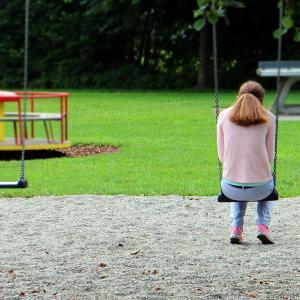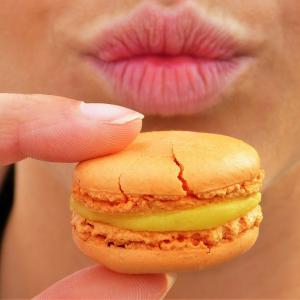Caffeine Benefits May Outweigh the Negatives
Drinking coffee makes you jumpy. Caffeine makes you jittery, it messes up your sleep cycle, and in large enough amounts, it becomes physiologically addicting. Despite these disadvantages, new research suggests the regular intake of caffeine might carry a wide range of health benefits.
In a focused analysis of data from the Nurses' Health Study, a long-running study of women's health, researchers found that coffee drinkers are at a lower risk of depression than tea drinkers or those who don't drink caffeinated beverages. Decaf coffee also failed to convey any benefits.
Beyond the mental aspect of coffee consumption, the drink is loaded with polyphenols, antioxidant compounds that seem to inhibit the growth of cancerous cells and regulate blood sugar and cholesterol. In fact, regular coffee consumption has been shown to contribute to a longer lifespan. Infrequent consumption had no effect.
As with most things, the key is moderation. The benefits of caffeine can be had with relatively low "dosages", so it is possible to avoid the more severe side effects. The standard recommendation is that adults not consume more than 300 milligrams of caffeine daily. This is equal to roughly three cups of coffee. If you drink more than that, switching to tea may give you better control of your intake, though you will have to drink about twice as much black tea or four times as much green tea to see the same benefits.
Source: The Washington Post
Photo: Pexels/em>








